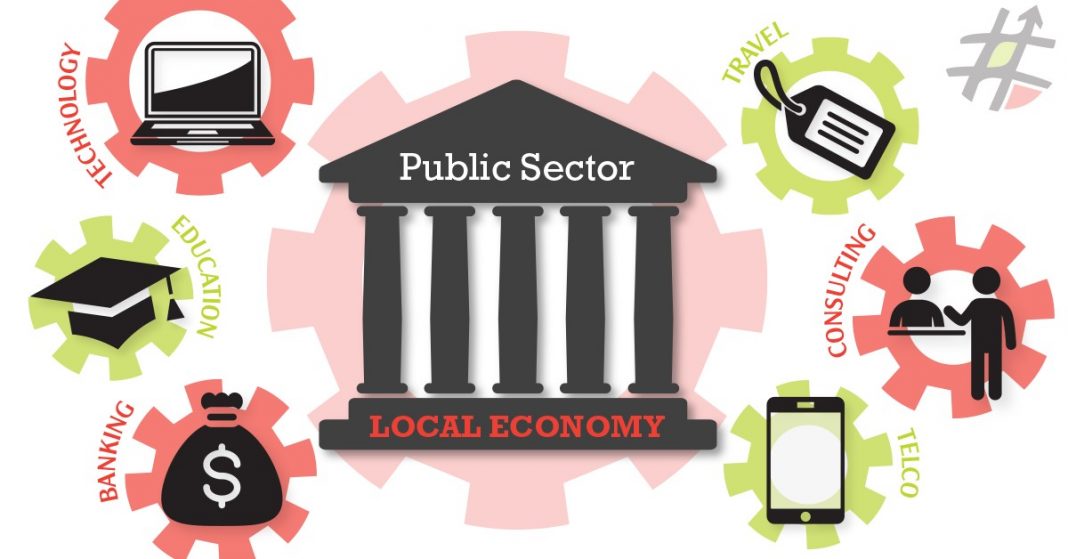In recent years, social value has become a critical factor in the UK public procurement process. The concept, introduced as part of the Public Services (Social Value) Act 2012, has significantly altered how public sector organizations, including local authorities and government bodies, evaluate contracts. While traditionally procurement focused on price and quality, the inclusion of social value ensures that suppliers also deliver wider benefits to communities, society, and the environment.

For businesses bidding for public sector contracts, understanding the role of social value is crucial. In this article, we’ll dive into what social value means for UK procurement, how it affects bidding, and how businesses can ensure they align with social value criteria to enhance their chances of winning contracts.
What Is Social Value in Procurement?
Social value refers to the broader benefits that a procurement contract can bring to the local community and society at large. These benefits can be social, economic, and environmental in nature and focus on contributing to the well-being of people and places.
For example, social value can involve promoting employment opportunities for disadvantaged groups, improving local infrastructure, enhancing sustainability efforts, or contributing to public health initiatives. The inclusion of social value in procurement helps ensure that public money is spent not only efficiently but also in ways that improve the quality of life for individuals and communities.
The Importance of Social Value in Procurement
Incorporating social value into procurement processes is vital for several reasons:
1. Encouraging Sustainable Practices
By considering social value, procurement encourages businesses to adopt more sustainable and ethical practices. This includes supporting environmental initiatives, reducing waste, and ensuring responsible sourcing.
2. Fostering Economic Growth
Public procurement often forms a significant part of the economy. By embedding social value, procurement can help foster job creation, support local businesses, and reduce unemployment in specific regions.
3. Improving Social Outcomes
Social value is also about ensuring that procurement leads to tangible improvements in local communities, such as better access to education, healthcare, or housing.
4. Government Policy Alignment
The UK government’s focus on social value aligns with broader social, economic, and environmental goals, such as those outlined in the UK’s Green Finance Strategy and the Net Zero by 2050 target.
How Social Value Affects Procurement Bids
For businesses aiming to win public sector contracts, the integration of social value into the procurement process is crucial. Here’s how social value impacts bids and what businesses need to keep in mind when submitting proposals.
1. Increased Evaluation Weight
Under the Public Services (Social Value) Act 2012, public sector bodies are required to consider social value in their procurement decisions. Social value is now often given significant weight alongside traditional factors such as cost and quality. This means that bidders who demonstrate strong social value initiatives may have an edge over competitors, even if their price is higher.
For example, a bid that includes plans to hire local workers, support community initiatives, or adopt environmentally friendly practices could score higher in the evaluation process. Public sector organizations are increasingly looking for suppliers who can provide value beyond just delivering a service or product.
2. Tailored Social Value Responses
Bidders should tailor their approach to social value based on the specific needs and priorities of the public sector body they are bidding to. Different contracts will have different social value goals, so it is essential to align the bid with the priorities outlined in the tender documents. Some contracts may prioritize local job creation, while others may focus on reducing carbon emissions or supporting vulnerable groups.
Understanding the unique social value objectives of the public body can help you craft a proposal that is not only competitive in price and quality but also in social impact.
3. Measurable Social Value Outcomes
An important aspect of social value is ensuring that businesses can measure and report on the outcomes of their social value initiatives. Procurement bodies want to see clear, tangible results from the social value that suppliers promise to deliver. This means bidders must be able to track and report on the specific social value benefits they have created.
For example, if your bid includes commitments to reduce carbon emissions, you should provide a clear plan for how this will be measured, monitored, and reported throughout the life of the contract. Demonstrating your ability to deliver measurable results will not only enhance your bid but also build trust with public sector clients.
Key Areas of Social Value in UK Procurement
While the precise social value requirements may vary depending on the specific contract, there are several key areas of social value that procurement teams typically focus on:
1. Environmental Sustainability
Environmental sustainability is a central component of social value. Suppliers are often asked to demonstrate how their services or products will contribute to reducing the environmental impact. This could involve commitments to:
- Reducing carbon emissions
- Minimizing waste
- Using sustainable materials
- Promoting green energy solutions
For example, a company providing construction services may be asked to ensure that their projects meet sustainability standards or that they source materials from suppliers with strong environmental credentials.
2. Local Economic Impact
Public sector organizations are keen to see the economic benefits their contracts bring to local communities. Bidders may be asked to commit to:
- Hiring locally or creating job opportunities for disadvantaged groups
- Supporting small and medium-sized enterprises (SMEs) within the supply chain
- Providing apprenticeships or training programs for local residents
This can be a significant opportunity for businesses to make a real impact on local economies and demonstrate their social responsibility.
3. Health and Well-being
Many procurement contracts include a focus on improving public health and well-being. Bidders can enhance their proposals by offering initiatives that contribute to these goals. This might involve:
- Providing services that promote mental and physical health
- Supporting initiatives that encourage healthier lifestyles
- Partnering with local charities to provide health-related services
4. Social Inclusion and Equality
Bidders who support social inclusion and equality initiatives can add considerable value to their proposals. This includes:
- Offering employment opportunities to people from disadvantaged backgrounds
- Promoting diversity and inclusion within the workplace
- Supporting community projects that focus on reducing inequality
How to Incorporate Social Value into Your Bid
To effectively incorporate social value into your bid, follow these steps:
- Understand the Specific Requirements: Carefully read the tender documents to understand what social value the public sector body is focusing on. Tailor your bid to address these priorities specifically.
- Develop a Clear Strategy: Demonstrate how your business will create positive social value. Develop a detailed plan that outlines your approach, including measurable outcomes.
- Provide Evidence and Metrics: Where possible, provide evidence of past social value initiatives and their outcomes. Metrics such as the number of jobs created, carbon savings achieved, or local businesses supported can strengthen your bid.
- Engage with the Community: Engage with local stakeholders to understand their needs. Community buy-in and support can enhance the social value of your bid.



